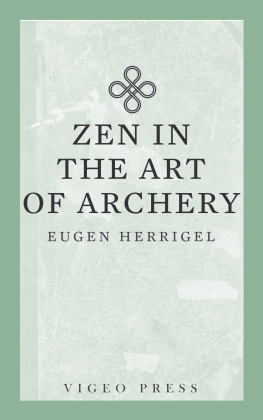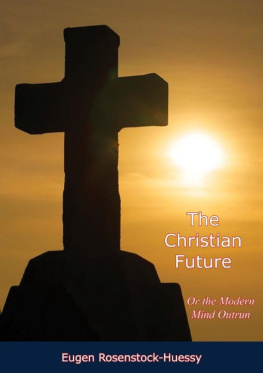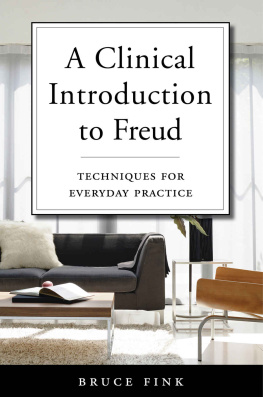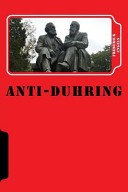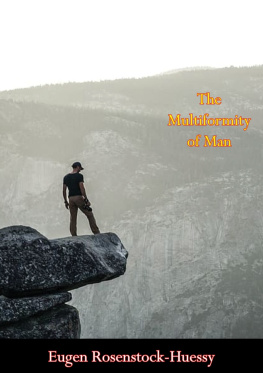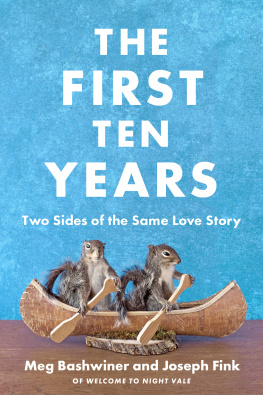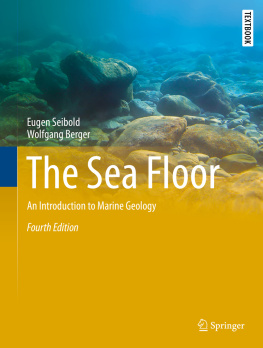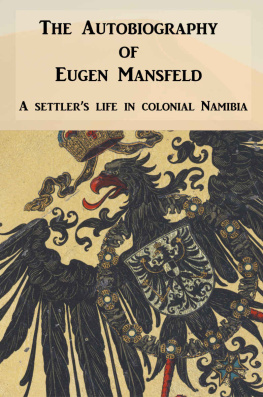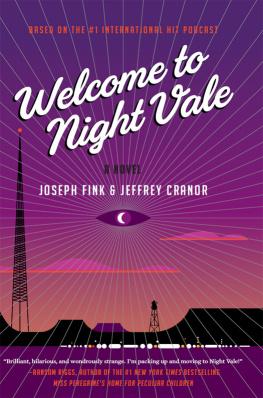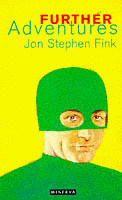Fink Eugen - Play as symbol of the world: and other writings
Here you can read online Fink Eugen - Play as symbol of the world: and other writings full text of the book (entire story) in english for free. Download pdf and epub, get meaning, cover and reviews about this ebook. City: Bloomington, year: 2016, publisher: Indiana University Press, genre: Religion. Description of the work, (preface) as well as reviews are available. Best literature library LitArk.com created for fans of good reading and offers a wide selection of genres:
Romance novel
Science fiction
Adventure
Detective
Science
History
Home and family
Prose
Art
Politics
Computer
Non-fiction
Religion
Business
Children
Humor
Choose a favorite category and find really read worthwhile books. Enjoy immersion in the world of imagination, feel the emotions of the characters or learn something new for yourself, make an fascinating discovery.

- Book:Play as symbol of the world: and other writings
- Author:
- Publisher:Indiana University Press
- Genre:
- Year:2016
- City:Bloomington
- Rating:5 / 5
- Favourites:Add to favourites
- Your mark:
- 100
- 1
- 2
- 3
- 4
- 5
Play as symbol of the world: and other writings: summary, description and annotation
We offer to read an annotation, description, summary or preface (depends on what the author of the book "Play as symbol of the world: and other writings" wrote himself). If you haven't found the necessary information about the book — write in the comments, we will try to find it.
Fink Eugen: author's other books
Who wrote Play as symbol of the world: and other writings? Find out the surname, the name of the author of the book and a list of all author's works by series.
Play as symbol of the world: and other writings — read online for free the complete book (whole text) full work
Below is the text of the book, divided by pages. System saving the place of the last page read, allows you to conveniently read the book "Play as symbol of the world: and other writings" online for free, without having to search again every time where you left off. Put a bookmark, and you can go to the page where you finished reading at any time.
Font size:
Interval:
Bookmark:
PLAY AS SYMBOL OF THE WORLD
STUDIES IN CONTINENTAL THOUGHT
John Sallis, editor
Consulting Editors
Robert Bernasconi
John D. Caputo
David Carr
Edward S. Casey
David Farrell Krell
Lenore Langsdorf
James Risser
Dennis J. Schmidt
Calvin O. Schrag
Charles E. Scott
Daniela Vallega-Neu
David Wood
Eugen Fink
Translated by Ian Alexander Moore and Christopher Turner

This book is a publication of
Indiana University Press
Office of Scholarly Publishing
Herman B Wells Library 350
1320 East 10th Street
Bloomington, Indiana 47405 USA
iupress.indiana.edu
Published in German as Eugen Fink, Gesamtausgabe 7: Spiel als Weltsymbol, ed. Cathrin Nielsen and Hans Rainer Sepp 2010 Verlag Karl Alber, Freiburg im Breisgau
English translation 2016 by Indiana University Press
All rights reserved
No part of this book may be reproduced or utilized in any form or by any means, electronic or mechanical, including photocopying and recording, or by any information storage and retrieval system, without permission in writing from the publisher. The Association of American University Presses Resolution on Permissions constitutes the only exception to this prohibition.
The paper used in this publication meets the minimum requirements of the American National Standard for Information SciencesPermanence of Paper for Printed Library Materials, ANSI Z39.48-1992.
Manufactured in the United States of America
Cataloging information is available from the Library of Congress.
ISBN 978-0-253-02105-2 (cloth)
ISBN 978-0-253-02117-5 (ebook)
1 2 3 4 5 21 20 19 18 17 16
PLAY AS SYMBOL OF THE WORLD
The greatest phenomenon of phenomenology for me is Fink.
Edmund Husserl
TRANSLATED HERE ARE Eugen Finks collected writings on play, published in German in 2010 as Volume 7 of the Eugen Fink Gesamtausgabe. Along the way, he broaches such wide-ranging topics as embodiment, ontology, theology, sports, pedagogy, mimesis, cult practices, mythology, drama, and anthropology.
The afterword to the German volume, written by Cathrin Nielsen and Hans Rainer Sepp and also included in this translation, explains the philosophical trajectory and significance of Finks lifelong work on the theme of play. On account
Fink was born in Konstanz, Germany, on December 11, 1905, the fourth of six children. During the First World War, he and his brother Karl August Fink, later a Catholic theologian and church historian, were sent to live with an uncle who would prove to be formative for their education. Fink would accompany his uncle, a priest by calling, on his trips to minister to the sick, and his uncle tutored Fink in various subjects such as Latin. Fink was also able to avail himself of his uncles ample library, where he discovered Kant and Nietzsche and first began to ponder the meaning of existence. By 1918, Fink was well equipped to begin secondary schooling at the prestigious humanistic Gymnasium in Konstanz (attended also by the likes of Heidegger
The next semester found Fink in Freiburg, where, with the exception of a semester in Berlin in 1926, he would remain until 1939. Among his classes that first semester was Husserls Basic Problems of Logic. Apparently, Fink would not take notes in class. Jan Patoka relates that Husserl noticed this and thought sarcastically, Thats going to produce great results when he comes up for exams. Yet when Fink did come up for exams, he had everything memorized, which he recited... as if reading from a book.
1928 was also the year Heidegger came to Freiburg as Husserls successor. By this time, Heidegger was no longer merely rumored to be a hidden king; the publication of Being and Time in 1927 had established him as one of the most important living philosophers. Fink himself had already begun to wrestle with Heideggers book in 1927.
It was also during this time that Fink got to know Heidegger personally and to begin a philosophical dialogue with him.
Fink quickly became aware of the great differences between Husserl and Heideggers thought, as his notes from 1928 to 1929 reveal.
As Husserl and Heidegger grew more distant, Husserl and Fink grew closer. Fink became Husserls only assistant in 1930,
According to Fink, it was not for philosophical reasons that this proposal failed to come to fruition. At the end of the forward, Husserl writes:
At my request, the author of the following essay has undertaken to outline a discussion with my critics which is necessary in order to clarify the principal misunderstandings of phenomenology. This is a task for which he is well qualified. I have guided his philosophical studies from the very start of his career, and since their conclusion he [h]as been my assistant for the past five years and has had almost daily contact with me. In this way, he has not only become thoroughly familiar with my philosophical intentions, but also with the principal contents of concrete unpublished investigations. I have carefully read through this essay at the request of the able editors of the Kant-Studien, and I am happy to be able to state that it contains no sentence which I could not completely accept as my own or openly acknowledge as my own conviction.
Although such a statement could not have helped Fink politicallyindeed the publication of his article was so scandalous that he was cut off by the organization from which he had been receiving funds to edit Husserls Bernau manuscripts on
Finks decision to continue to co-philosophize with Husserl rather than to abandon his mentor, friend, and collaborator would result in more hardships for him in the coming years. An academic career in Germany was no longer possible under the Third Reich. Funding already awarded would be rescinded, and further funding sought in vain. Considerations of moving elsewhere with Husserl, such as to the University of California at Los Angeles, came to naught. Nonetheless, thanks to the help of various international institutions and munificent friends, Fink was able to keep working alongside Husserl in Freiburg during the final years of Husserls life. This included organizing the entirety of Husserls manuscript materials with Ludwig Landgrebe, editing some of this material himself, working with Husserl on such texts as would later become The Crisis of the European Sciences and Transcendental Phenomenology, leading private seminars and writing on Husserls behalf, and of course developing his own ideas. Fink stayed by Husserl in the months leading up to his death in April 1938, and he delivered a moving eulogy at his cremation.
Rather than abating, Finks difficulties actually became more acute after Husserls death. Seeing that there was little hope for Husserlian phenomenology in Germany, Fink aided Father Herman Leo Van Breda in secretly transferring Husserls manuscripts to Leuven in 1938, where Fink himself would immigrate in March 1939. Landgrebe joined him in April, and together they proceeded to spend the next year transcribing Husserls handwritten manuscripts, producing over 2,800 pages of material. Here, for the first time in his life, Fink was able to lecture at the university level. He was also able to deepen his friendship with Van Breda and Landgrebe, as well as to have exciting philosophical conversations with visitors such as Alphonse de Waelhens and Maurice Merleau-Ponty. Yet this haven from Nazi oppression would be short-lived.
Next pageFont size:
Interval:
Bookmark:
Similar books «Play as symbol of the world: and other writings»
Look at similar books to Play as symbol of the world: and other writings. We have selected literature similar in name and meaning in the hope of providing readers with more options to find new, interesting, not yet read works.
Discussion, reviews of the book Play as symbol of the world: and other writings and just readers' own opinions. Leave your comments, write what you think about the work, its meaning or the main characters. Specify what exactly you liked and what you didn't like, and why you think so.

